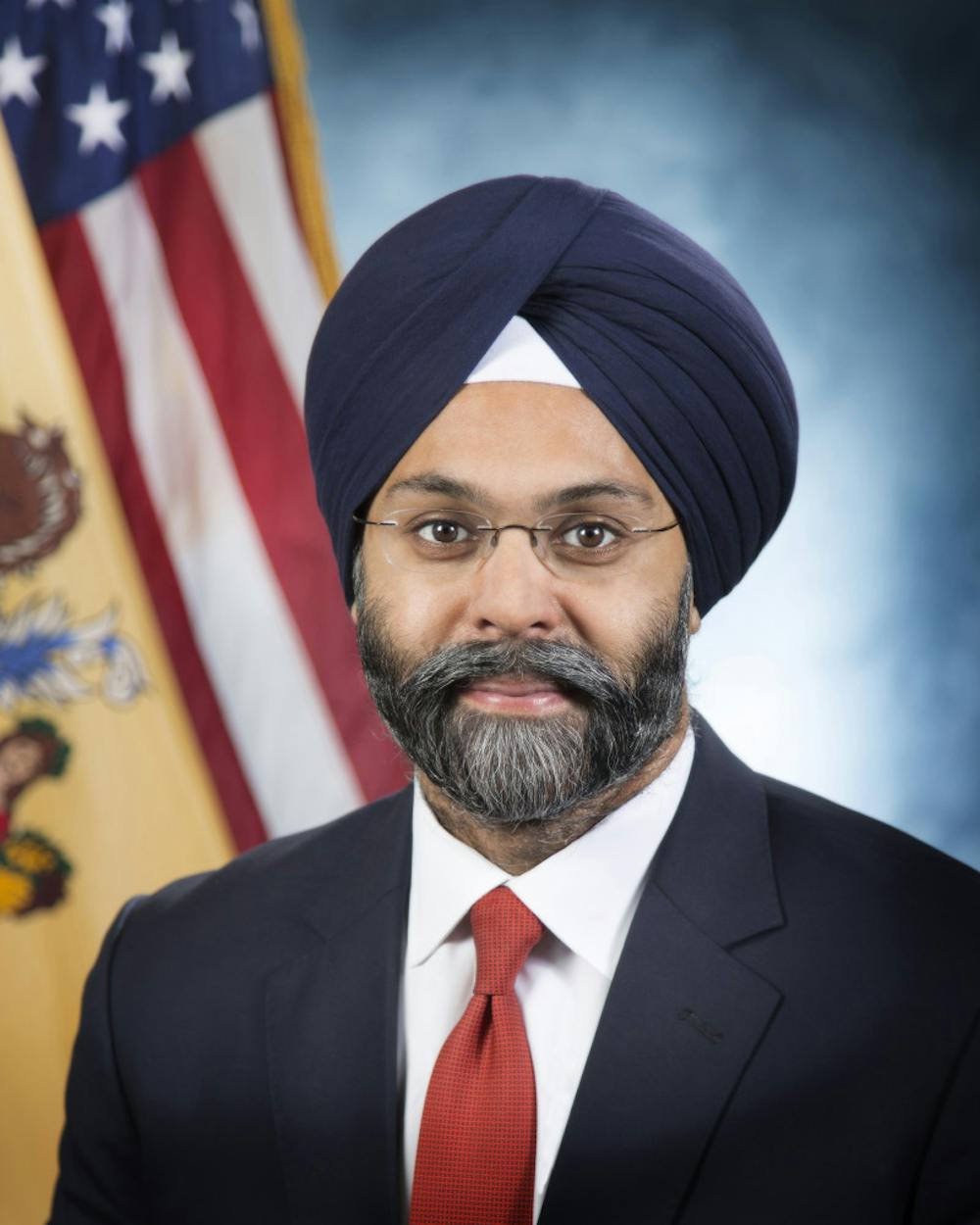New Jersey Attorney General Gurbir Grewal and Secretary of Higher Education Zakiya Smith Ellis submitted a formal opposition to the U.S. Department of Education over new proposed Title IX guidelines for colleges and universities putting New Jersey in the ranks of 19 other states with attorneys general opposing the rules.

The proposal, which was put forth by Secretary of Education Betsy DeVos last November, would narrow the definition of sexual harassment, tighten reporting requirements, relieve colleges of the responsibility to investigate off-campus episodes and outline new steps schools should take to provide support for accusers. The proposed new guidlines also give schools the flexibility to choose a higher evidentiary standard, establish an appeals process, and offer the option of cross-examination.
In a joint statement from the two offices, Grewal and Smith Ellis warned that the new rules would “make school disciplinary proceedings more like criminal trials.”
“The right to an education free of sexual harassment, violence, and discrimination is not a second-class right, and we will not allow it to become a second-class right,” Grewal said. “We will not stay silent as the federal government invites schools to look the other way when students are victimized.”
Secretary Smith Ellis echoed Grewal’s sentiments, saying the new rules would undercut “the progress our state has made to address campus sexual violence.”
“Students deserve to feel safe from all forms of sexual violence and harassment while they are in our schools, and we must do all we can to protect their civil rights,” Smith Ellis added, with both warning that they’re concerned the new rules would make victims even more reluctant to come forward.
The new rules would be a hard diversion from the Obama-era guidelines which DeVos rolled back last September. The old, non-binding rules encouraged colleges and universities to adopt a lower evidentiary standard, the “preponderance of evidence,” as well as requiring schools to investigate any claim of harassment, regardless of location.
The new rules from DeVos now seek to ease back some of that liability from colleges by narrowing the scope of sexual harassment through embracing a new Supreme Court definition which describes it as “unwelcome conduct on the basis of sex that is so severe, pervasive and objectively offensive that it denies a person access to the school’s education program or activity.”
The rules would codify procedures that would force college boardrooms to mirror courtrooms when adjudicating sexual assault cases by requiring colleges to hold live hearings, eliminating the “single-investigator” model that has been adopted by numerous colleges and universities. The parties involved must also be allowed to cross-examine each other through an adviser or lawyer, something strictly prohibited in Seton Hall’s own Title IX sexual misconduct guidelines. The rules would prohibit direct questioning of victims by the defendant and would include protections that would keep a complainant’s sexual history off limits.
Nicole Giglia, the Director of Seton Hall’s KNOW MORE initiative which aims to help educate students about sexual violence, reiterated the importance of ensuring a fair process for Title IX reporting in the wake of the proposed rules.
“It’s important also to remember that colleges and universities are institutions of education and not courts of law,” Giglia said. “As we await the official rollout of new regulations, it’s my hope that the Department of Education hears the feedback from practitioners and considers the greater implications of some of the proposed regulations.”
Rachel Wainer Apter, the director of the New Jersey Division on Civil Rights warned that the “federal government’s proposed rule seriously undermines” Title IX, which was created to ensure women and girls received equal educational opportunities.
“Regardless of whether the Federal government abandons its role in protecting the civil rights of all students, we will continue to enforce our state laws that prohibit discrimination in education, require schools to address sexual harassment, and require schools to provide all students an equal opportunity to thrive,” she said.
According to a Washington Post-Kaiser Family Foundation poll from 2015, nearly 1 in 5 women on college campuses said they had been sexually assaulted during their time at college.
Nicholas Kerr can be reached at nicholas.kerr@student.shu.edu. Find him on Twitter @NickKerr99.





